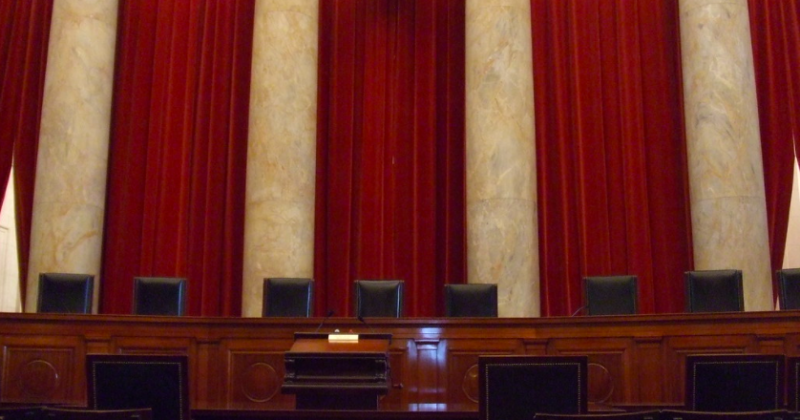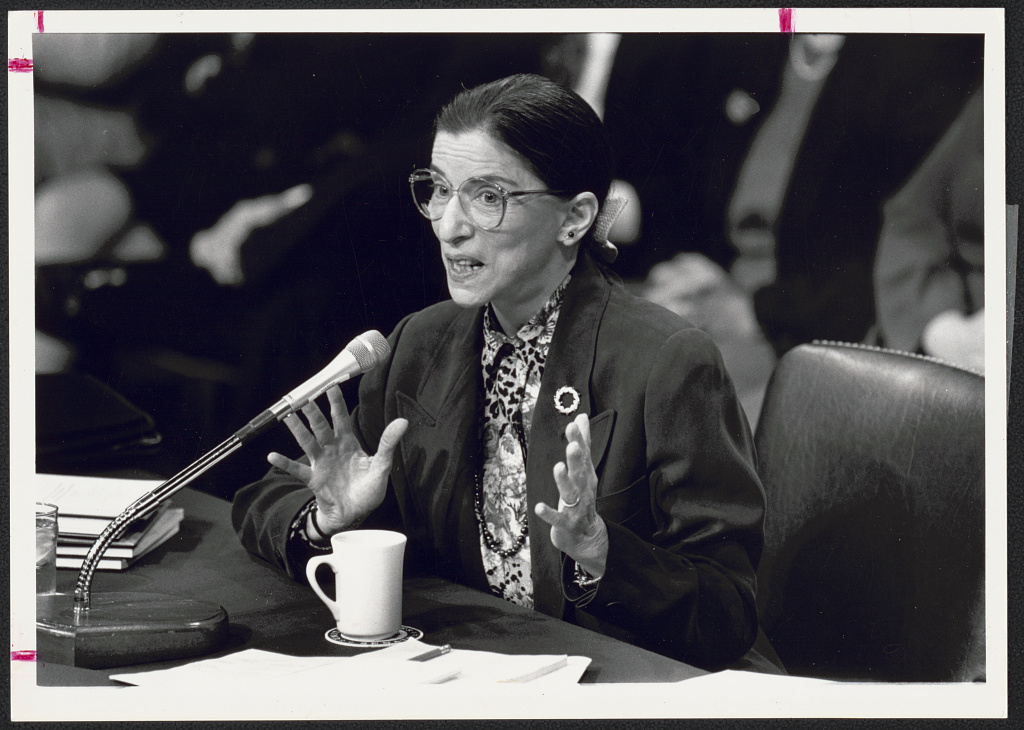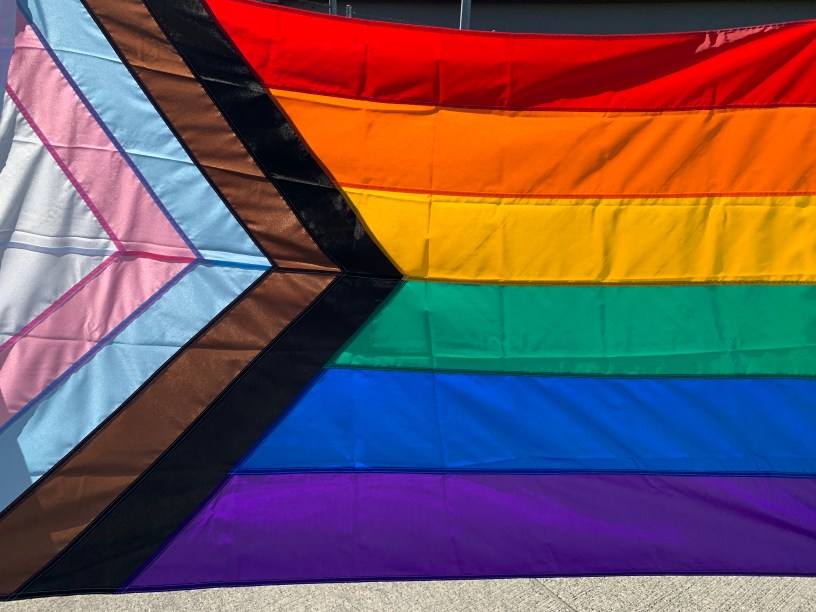
The Direct Challenge to Roe v. Wade Coming before the Conservative Supreme Court
By: Susanne Prochazka, RightsViews staff writer.
While the contentious Texas 6-week abortion ban, S.B.6, has caught the national spotlight, on December 1st, 2021 the Supreme Court will rule on the constitutionality of a pre-viability abortion prohibition for the first time since 1973’s seminal ruling in Roe v. Wade. In this case, Dobbs v. Jackson Women’s Health Organization, the Court will be hearing the state of Mississippi’s appeal of a lower court ruling that struck down a Mississippi law banning abortions following 15 weeks of pregnancy.
Since 2010, over 300 laws limiting the right to abortion have been enacted by various state legislatures. Many of these laws remain on the books, even where legal challenges have delayed or halted implementation of the laws going into effect. Twelve states have passed restrictions regarding “admitting privileges” laws, laws that require any doctor who performs abortions to hold active admitting privileges at a nearby hospital, similar to laws overturned in Texas and Louisiana. In 2019 and...


